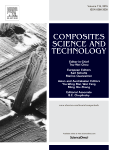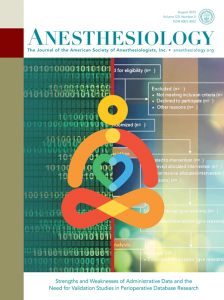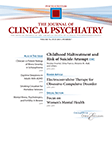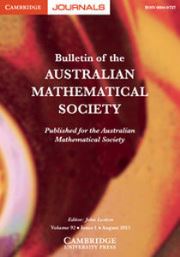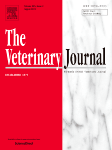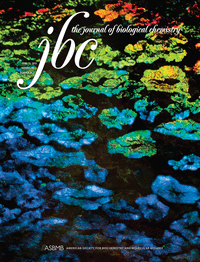 A pair of papers about the risks of titanium dioxide nanoparticles that share many of the same authors has been retracted from a toxicology journal following an investigation at Soochow University in China.
A pair of papers about the risks of titanium dioxide nanoparticles that share many of the same authors has been retracted from a toxicology journal following an investigation at Soochow University in China.
Particle and Fibre Toxicology is retracting the papers for problems with the statistical methods and missing data, as well as for sharing figures.
Here’s the note for “Intragastric exposure to titanium dioxide nanoparticles induced nephrotoxicity in mice, assessed by physiological and gene expression modifications:”
Continue reading Trouble with data proves toxic for a pair of toxicology papers
